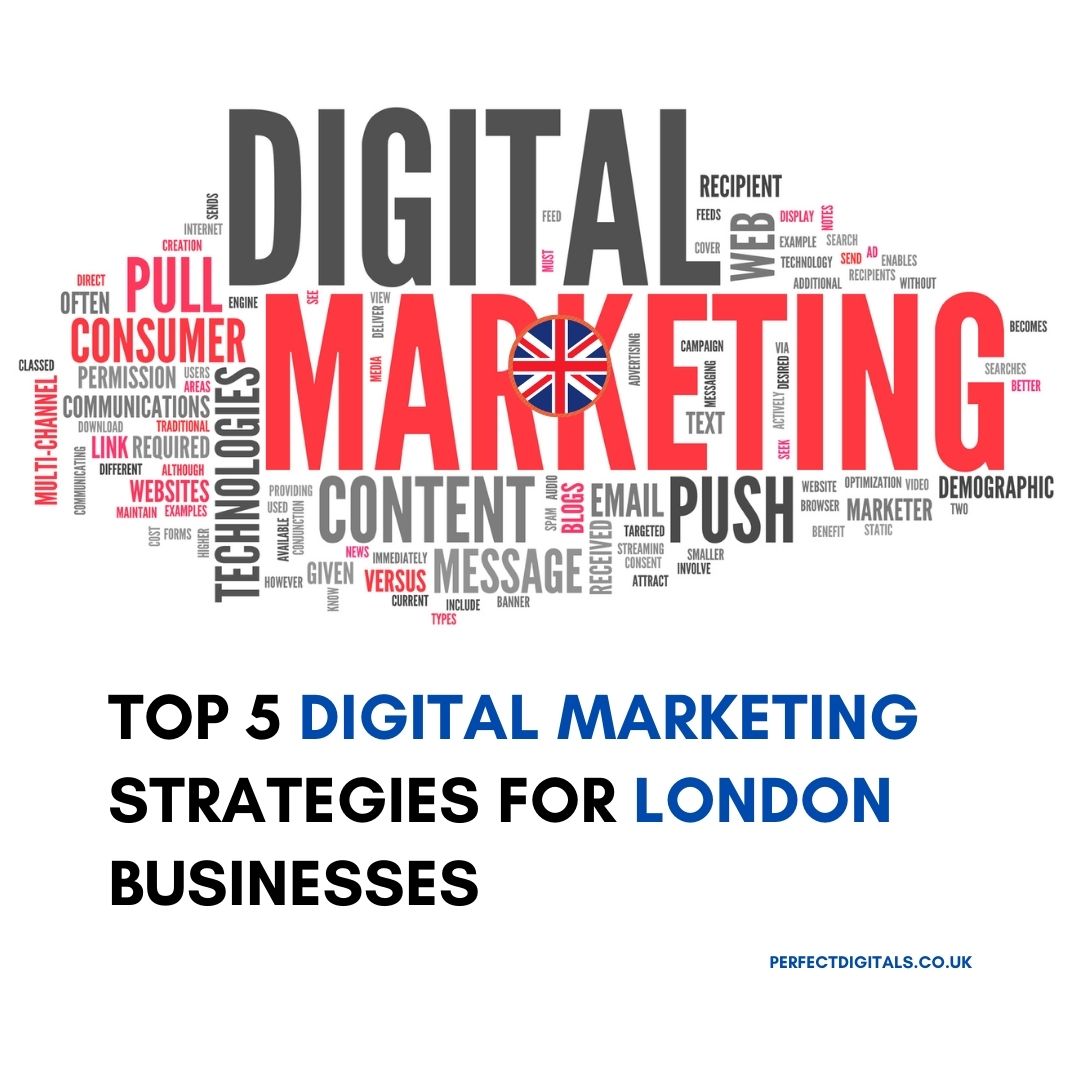
Mobility solutions are changing the way people move and interact with urban spaces, reshaping transportation through sustainable, efficient, and user-centered options. From electric vehicles to autonomous driving systems, these innovations aim to address challenges like urban congestion, environmental impact, and the demand for convenience. This article explores the current landscape of mobility solutions, major trends driving innovation, the role of engineering consulting, and future directions for sustainable transportation.
1. The Changing Landscape of Mobility
Mobility has shifted drastically over recent decades, with traditional modes of transportation giving way to smarter, greener, and more integrated alternatives. Key challenges like climate change, rapid urbanization, and limited resources have spurred the need for sustainable solutions. This evolution has seen a rise in electrification, digitalization, and shared mobility models that minimize carbon footprints and reduce dependency on private vehicles.
Historically, the focus was on building expansive road networks and optimizing fuel efficiency in combustion-engine vehicles. Today, we’re seeing a shift toward creating systems that address energy consumption, emissions, and user convenience, supported by technological advances and the adoption of renewable energy sources.
2. Major Trends Driving Mobility Innovation
- Electrification of Vehicles
The growth of electric vehicles (EVs) represents a significant shift toward reducing emissions and promoting sustainable energy use. Countries worldwide are establishing targets for phasing out fossil-fuel-powered vehicles, and cities are building the infrastructure necessary to support EVs. Engineering is at the heart of these advancements, focusing on battery design, charging infrastructure, and integration with existing systems. - Autonomous Vehicles and Self-Driving Technology
Self-driving cars are transforming transportation by reducing the need for human intervention and increasing safety and efficiency. While the technology still faces regulatory, technical, and ethical challenges, significant advancements have been made in sensor technology, AI, and machine learning. Engineering consulting plays a key role in designing robust systems that ensure reliability and safety in autonomous vehicles. - Shared Mobility Solutions
Shared mobility options like ride-hailing, car-sharing, and micro-mobility (e-scooters, bike-sharing) are becoming increasingly popular in urban areas. They offer a flexible and cost-effective alternative to owning a car, helping to reduce congestion and pollution. Engineers are crucial in developing systems that manage fleet logistics, improve vehicle durability, and enhance user experience. - Mobility-as-a-Service (MaaS)
MaaS represents a new approach to integrating various transportation modes into a single platform, allowing users to seamlessly transition from one form of transport to another. Engineering consulting services support MaaS implementation by designing interoperable systems, ensuring data security, and optimizing user interfaces.
3. The Role of Engineering in Innovative Mobility Solutions
Engineers are central to developing, optimizing, and maintaining innovative mobility solutions. Their expertise is essential in areas like vehicle design, systems optimization, infrastructure planning, and sustainability. Engineering consulting services provide specialized knowledge to organizations looking to implement mobility solutions that meet modern needs while balancing cost and feasibility.
Online engineering consulting, in particular, has made it easier for companies to access specialized expertise remotely, reducing costs and improving project scalability. This approach enables engineers to collaborate across geographic boundaries, providing insights into project design, systems integration, and real-time troubleshooting.
4. Key Technologies Powering Mobility Innovation
- Internet of Things (IoT) and Connectivity
IoT enables real-time data collection and analysis for mobility solutions, improving fleet management and predictive maintenance. IoT-connected devices monitor vehicle performance, identify potential maintenance needs, and provide crucial safety insights, making transportation more efficient and reliable. - Artificial Intelligence (AI) and Machine Learning
AI and machine learning play an essential role in optimizing routes, managing traffic, and enabling autonomous driving. These technologies can analyze traffic patterns, predict demand, and adjust transportation options accordingly, contributing to a smoother, more efficient mobility system. - Big Data and Analytics
Big data helps mobility providers understand user behavior, optimize resources, and forecast future trends. Through data analysis, transportation systems can predict peak hours, assess vehicle utilization, and streamline operations to meet demand efficiently. - Sustainable Materials and Battery Technology
Advances in battery technology, such as solid-state batteries, are enhancing EV performance and sustainability. Engineers are also exploring lightweight materials like carbon fiber composites and recycled plastics, which improve fuel efficiency and reduce environmental impact in vehicle manufacturing.
5. The Future of Mobility Solutions
Looking ahead, mobility solutions will continue evolving with a focus on sustainability, efficiency, and adaptability. By 2030, it’s likely we’ll see cities integrating EVs, autonomous systems, and MaaS platforms into a unified, seamless transportation network. Engineers and consulting services will play a pivotal role in designing resilient, future-proof infrastructure that accommodates these changes.
The transportation sector will require adaptive strategies to respond to emerging technologies, shifting user preferences, and evolving regulatory standards. Engineering consulting can provide organizations with the tools and insights needed to navigate these developments, ensuring sustainable, efficient, and effective solutions.
6. The Importance of Online Engineering Consulting Services
Online consulting offers a flexible, cost-effective way for organizations to access specialized engineering expertise. It provides valuable support for mobility projects, from initial design and feasibility assessments to ongoing system optimization. Online consulting services can accelerate project timelines, improve resource allocation, and offer solutions to complex engineering challenges without the need for in-house teams.
Through online consulting, organizations can connect with experts across fields like EV design, infrastructure planning, and data analytics, making it easier to implement cutting-edge solutions. As mobility solutions continue to evolve, this remote access to engineering knowledge will be instrumental in advancing sustainable transportation.
Conclusion
The evolution of innovative mobility solutions represents a shift toward smarter, more sustainable, and user-friendly transportation options. Major trends like electrification, autonomous vehicles, shared mobility, and MaaS are reshaping how we move through cities and connect with our surroundings.
Mobility solutions are changing the way people move and interact with urban spaces, reshaping transportation through sustainable, efficient, and user-centered options.



